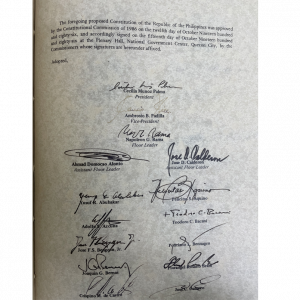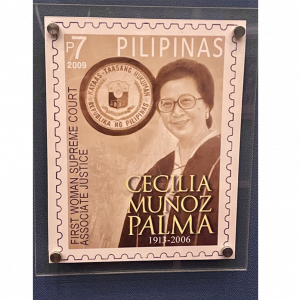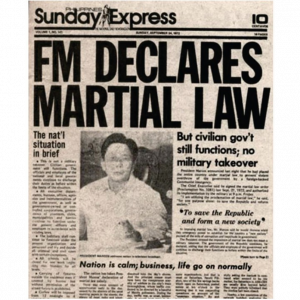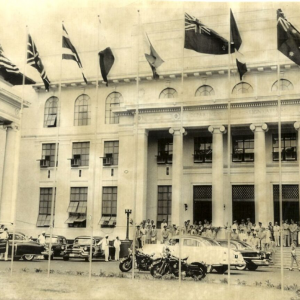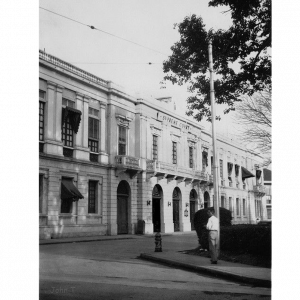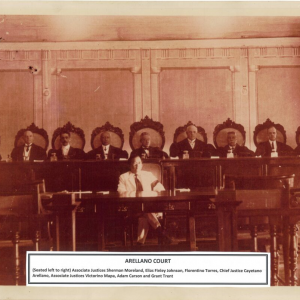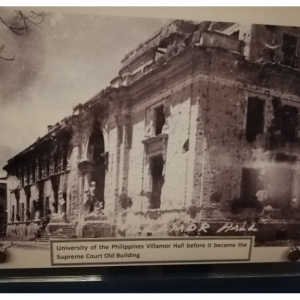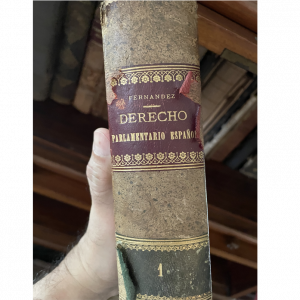SC Revisits Rules of Criminal Procedure in First Leg of CRIMPRO Regional Consultations
August 10, 2024
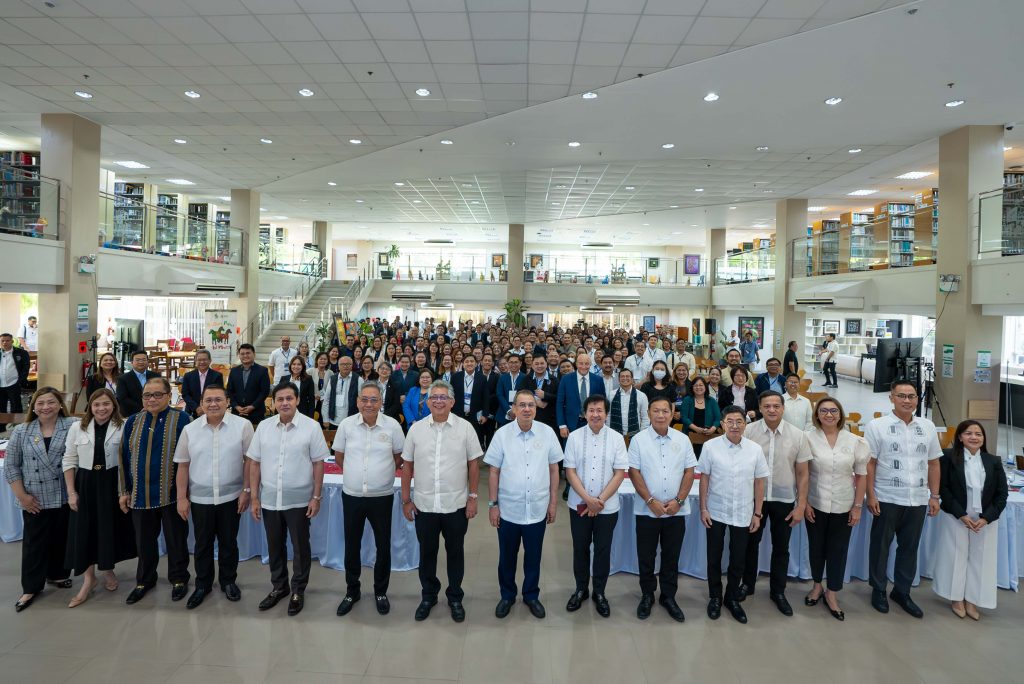
The Justices of the Supreme Court, the Court of Appeals, the Sandiganbayan, and officials from the Department of Justice lead the pilot leg of the regional consultations on the Proposed Amendments to the Rules of Criminal Procedure held at the De La Salle Lipa (DLSL) in Lipa City, Batangas, on Thursday, August 8, 2024. (Courtesy of the Supreme Court Public Information Office)
More than two decades since the Rules of Criminal Procedure were last revised, the Supreme Court is revisiting the Rules to modernize the same through the CRIMPRO Regional Consultations, a series of discussions on the Proposed Amendments to the Rules of Criminal Procedure, the first leg of which was held at the De La Salle Lipa (DLSL) in Lipa City, Batangas, on Thursday, August 8, 2024.
The updating of the Rules, led by Supreme Court Associate Justice Rodil V. Zalameda, Chairperson of the Supreme Court Sub-Committee on the Revision of the Rules of Criminal Procedure (Sub-Committee), is in line with the Court’s Strategic Plan for Judicial Innovations 2022-2027 (SPJI) which has three target outcomes of Efficiency, Innovation, and Access. Under Innovation, the Court seeks to review procedural rules such as the Rules of Criminal Procedure to make court processes and proceedings more user-friendly and more understandable by ordinary court users.
In his keynote address, Chief Justice Alexander G. Gesmundo said that the Rules “must evolve to reflect the realities of our time, ensuring that they remain potent tools for the fair, transparent and timely delivery of justice to both the accused individuals and the State.” He pointed out that “technology plays a very significant role in the administration of justice,” adding that “adapting to technology has already become a necessity.”
According to the Chief Justice, the Proposed Amendments integrates all the relevant jurisprudential doctrines and other pertinent procedural rules for easy reference, to minimize—if not totally eliminate—the confusion. There are currently different rules applicable to a specific criminal case such as the Revised Guidelines for Continuous Trial of Criminal Cases, the Rule on Cybercrime Warrants, and the Rule on the Use of Body-Worn Cameras in the Execution of Warrants.
Among those included in the Proposed Amendments are clarificatory provisions on: (1) the venue for criminal actions involving violations of the Cybercrime Prevention Act of 2012; (2) guidelines which allow the aggrieved party to impute civil liability arising from other sources of obligation, other than delict, against the accused, despite the latter’s acquittal; and (3) the express inclusion of other actions pending before administrative bodies, as a possible ground for the invocation of the rules on prejudicial question.
He shared that new provisions are also introduced providing more details to ensure that several rights of the accused, such as the right to bail and the right against unreasonable searches and seizures, are properly safeguarded.
He added that in line with the doctrine of separation of powers, the Proposed Amendments expressly recognize that the prerogative to issue the Rules on Preliminary Investigations lies primarily with the Executive Department, through the Department of Justice (DOJ).
The DOJ recently issued a department circular laying down the rules on preliminary investigations and inquest proceedings, replacing Rule 112 of the Rules of Court.
Supreme Court Associate Justice Maria Filomena D. Singh, a member of the Sub-Committee, echoed the sentiments of the Chief Justice, stressing that the updating of the Rules is to keep it relevant to the times, taking into consideration the advances in technology. “When the SPJI speaks of Innovation, the Chief Justice clarified, it speaks of transformation, changing the old inefficient ways with new methods that are more responsive, more relevant, and more timely. We are proud to present to all of you our new Rules of Criminal Procedure, which is going to be a legacy of transformation,” she added.
Supreme Court Associate Justice Jose Midas P. Marquez, also a member of the Sub-Committee, cited the dramatic increase in the number of criminal cases filed before the first– and second-level courts over the past four years.
“From more than 330,000 criminal cases filed in 2019 to an estimated 800,000 in 2023, it is not surprising to see not only the shortcomings, but also the vital avenues for improvement in our judicial capacity, procedural rules, and physical and technological infrastructure,” he said.
Chairperson of the Sub-Committee Justice Zalameda added that the Proposed Amendments will address the longstanding challenge of congestion in the Philippine judicial system, widely regarded as the major reason for the delays in case resolution.
The Chairperson encouraged open and honest dialogue during these consultations. He emphasized that in “[s]triking a balance between efficiency and the need to uphold the principles of justice and fairness, the proposed amendments to the Revised Rules of Criminal Procedure require collaboration among all the relevant stakeholders.”
“Today is further evidence that while the Supreme Court is an independent institution, it does not operate in isolation,” Justice Zalameda expressed. “It is through these collaborative efforts that the Court maintains its independence. Through these consultations, we ensure that the Court’s decisions and policies are informed by a varied range of perspectives grounded in the occasions of our society.”
Sub-Committee members and Court of Appeals (CA) Associate Justice Wilhelmina B. Jorge-Wagan and Sandiganbayan Associate Justice Juliet Manalo-San Gaspar gave presentations on the salient changes sought to be introduced by the revision and on the draft forms for the Proposed Amendments, respectively.
The CRIMPRO Regional Consultations participants then took part in breakout sessions where they discussed the Proposed Amendments, with CA Justice Jaime Fortunato A. Caringal providing a summary of their comments and recommendations.
In his closing remarks, Supreme Court Associate Justice Jhosep Y. Lopez, Vice-Chairperson of the Sub-Committee, expressed the Court’s gratitude to the judges, prosecutors, Public Attorney’s Office lawyers, private practitioners, and members of the academe who comprised the more than 150 participants in the first leg of the regional consultations.
DOJ Undersecretary Raul T. Vasquez and Atty. Rommel Alim Abitria of the Australian Government-supported Fostering Advancement of Inclusive and Rights-based Justice (FAIR Justice) Program gave messages of support while DLSL Chancellor Dr. Merlin Teodosia C. Suarez welcomed the Justices, court officials, participants, and support staff to the event.
Also in attendance were Supreme Court Associate Justices Alfredo Benjamin S. Caguioa, Ramon Paul L. Hernando, Samuel H. Gaerlan, Ricardo R. Rosario, and Japar B. Dimaampao.
Supported by the Australian Government through the FAIR Justice Program and The Asia Foundation, the CRIMPRO Regional Consultations will be held next in General Santos City, Zamboanga, Aklan, Bohol, and Muntinlupa City.
For more details, please visit the CRIMPRO Regional Consultations microsite at https://sc.judiciary.gov.ph/crimpro-revision-project/. (Courtesy of the Supreme Court Public Information Office)
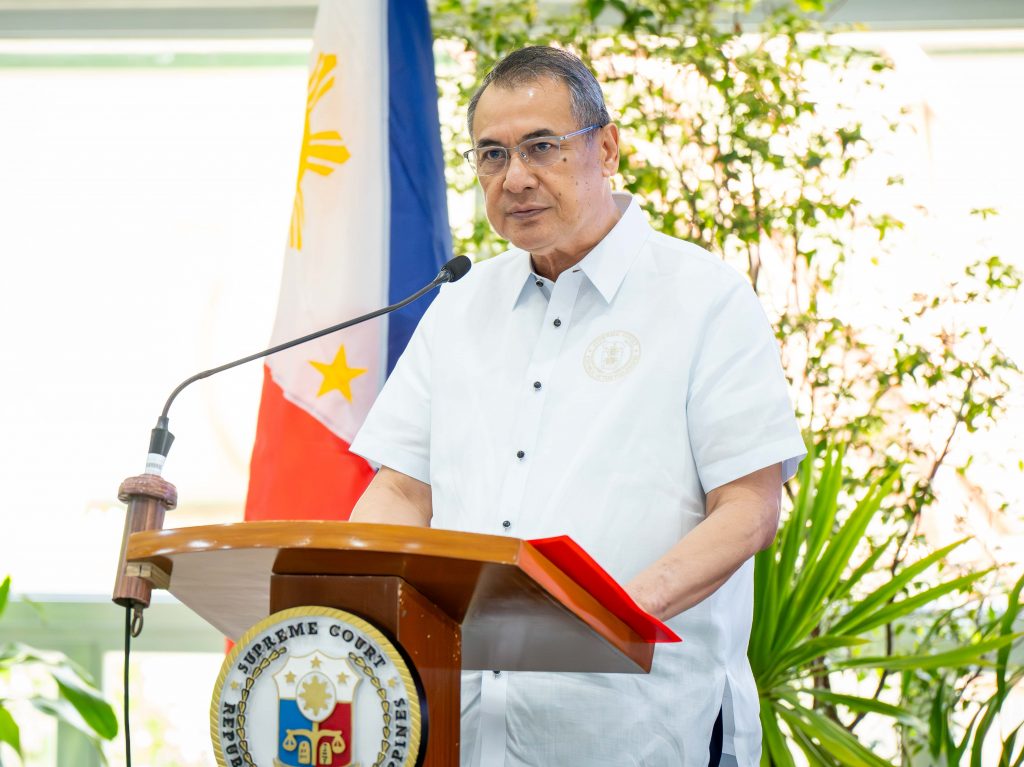
Chief Justice Alexander G. Gesmundo keynotes the first leg of the CRIMPRO Regional Consultations at the De La Salle Lipa in Lipa City, Batangas, on Thursday, August 8, 2024. (Courtesy of the Supreme Court Public Information Office)
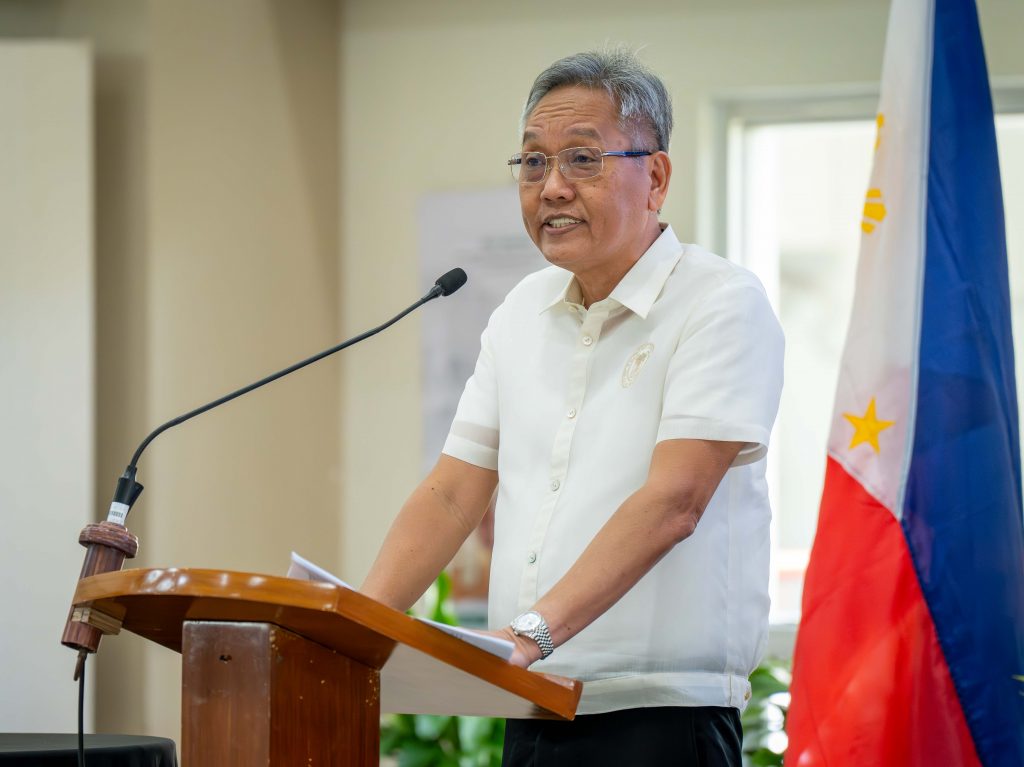
Supreme Court Associate Justice Rodil V. Zalameda, Chairperson of the Supreme Court Sub-Committee on the Revision of the Rules of Criminal Procedure, addresses the participants at the first leg of the regional consultations on the Proposed Amendments to the Rules of Criminal Procedure, held at the De La Salle Lipa in Lipa City, Batangas, on Thursday, August 8, 2024. (Courtesy of the Supreme Court Public Information Office)
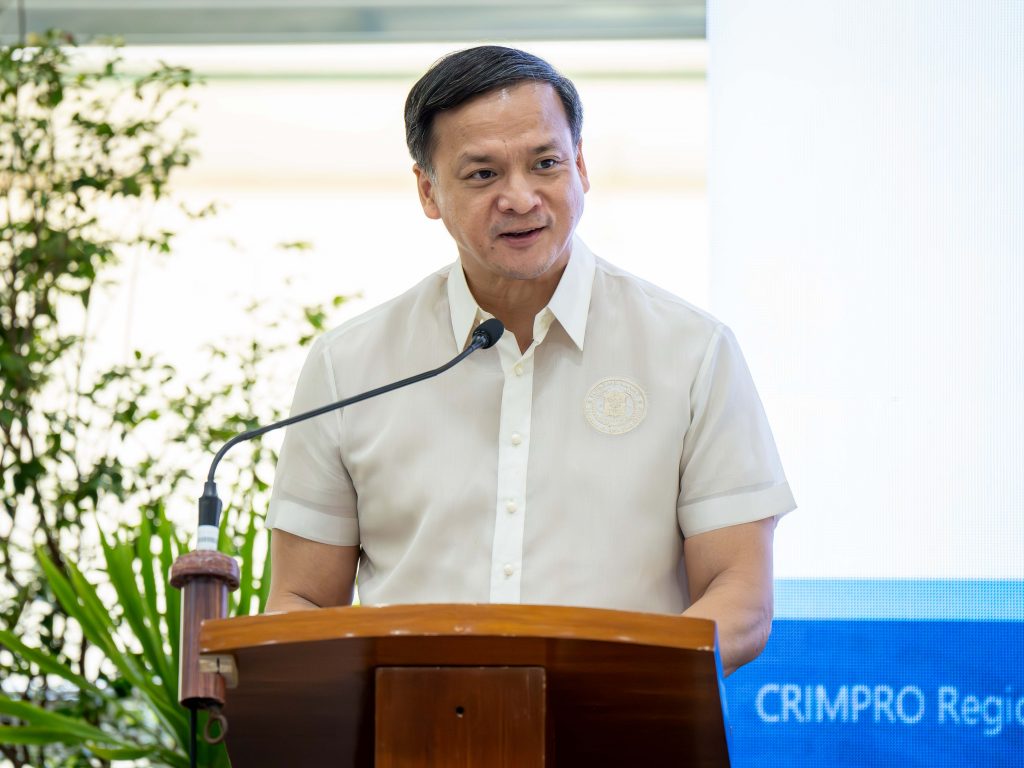
Supreme Court Associate Justice Jose Midas P. Marquez, member of the Supreme Court Sub-Committee on the Revision of the Rules of Criminal Procedure, gives an inspirational message at the first leg of the CRIMPRO Regional Consultations, held at the De La Salle Lipa in Lipa City, Batangas on Thursday, August 8, 2024. (Courtesy of the Supreme Court Public Information Office)
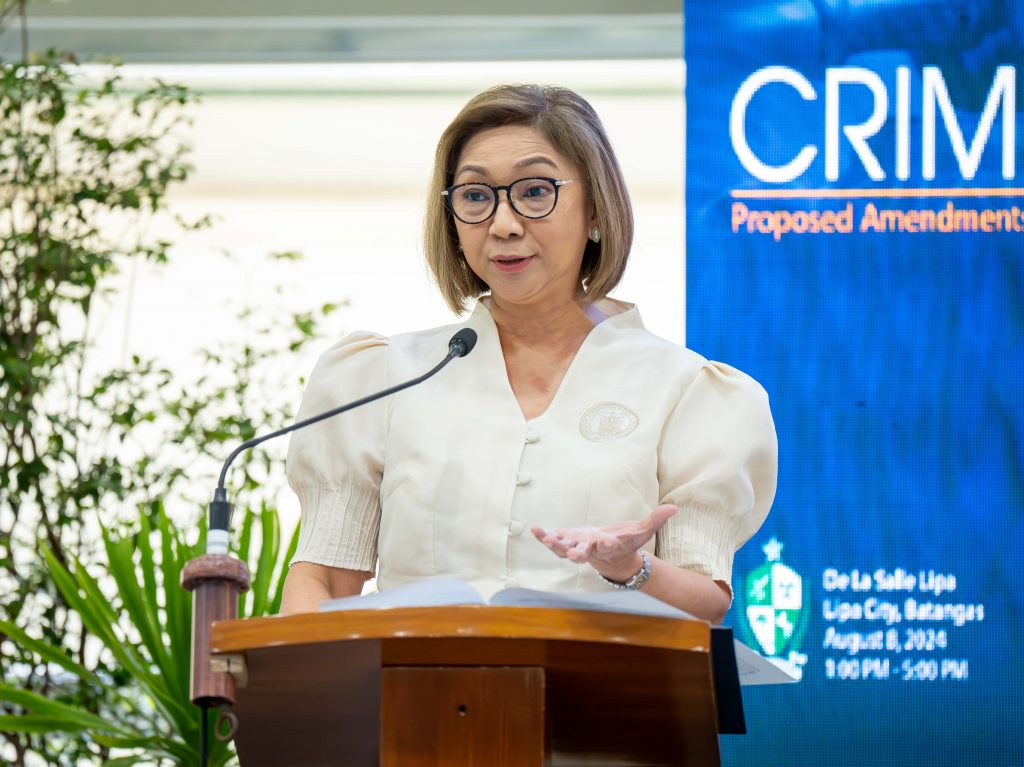
Supreme Court Associate Justice Maria Filomena D. Singh, member of the Supreme Court Sub-Committee on the Revision of the Rules of Criminal Procedure, delivers her message to the participants of the first leg of the CRIMPRO Regional Consultations, held at the De La Salle Lipa in Lipa City, Batangas, on Thursday, August 8, 2024. (Courtesy of the Supreme Court Public Information Office)
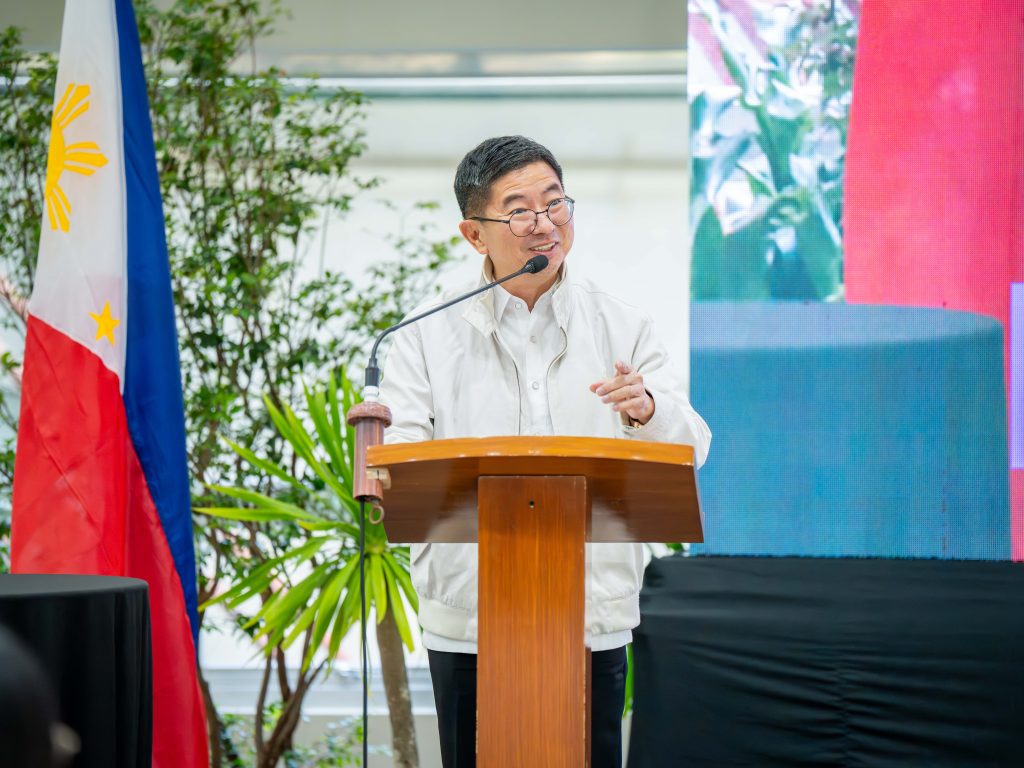
Supreme Court Associate Justice Jhosep Y. Lopez, Vice-Chairperson of the Supreme Court Sub-Committee on the Revision of the Rules of Criminal Procedure, formally closes the Regional Consultation and expresses his gratitude to the more than 150 stakeholders who participated in the first leg of the CRIMPRO Regional Consultations at the De La Salle Lipa in Lipa City, Batangas, on Thursday, August 8, 2024. (Courtesy of the Supreme Court Public Information Office)
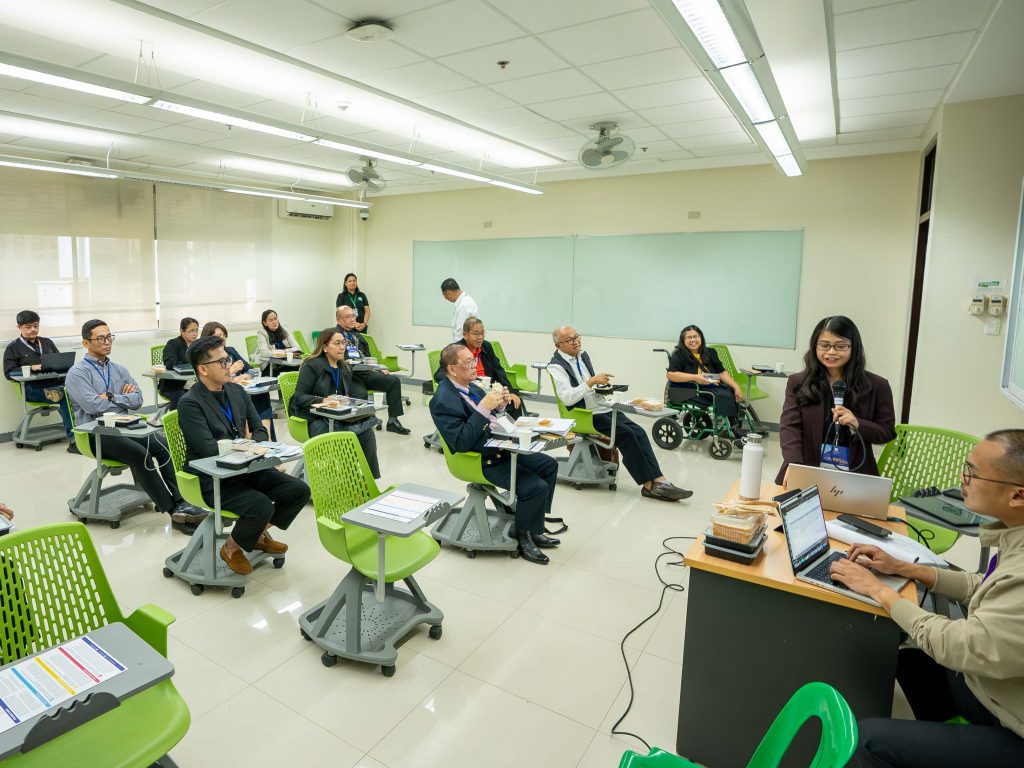
Participants take part in one of the breakout sessions in the first leg of the CRIMPRO Regional Consultations at the De La Salle Lipa in Lipa City, Batangas, on Thursday, August 8, 2024. (Courtesy of the Supreme Court Public Information Office)
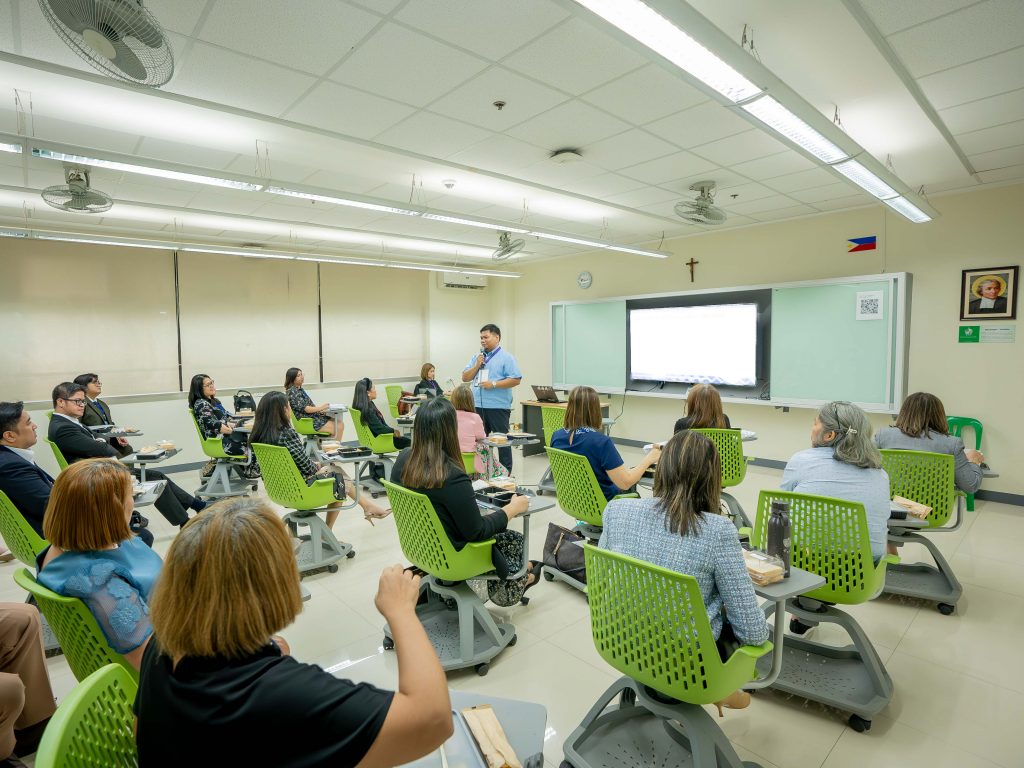
Participants take part in one of the breakout sessions in the first leg of the CRIMPRO Regional Consultations at the De La Salle Lipa in Lipa City, Batangas, on Thursday, August 8, 2024. (Courtesy of the Supreme Court Public Information Office)













